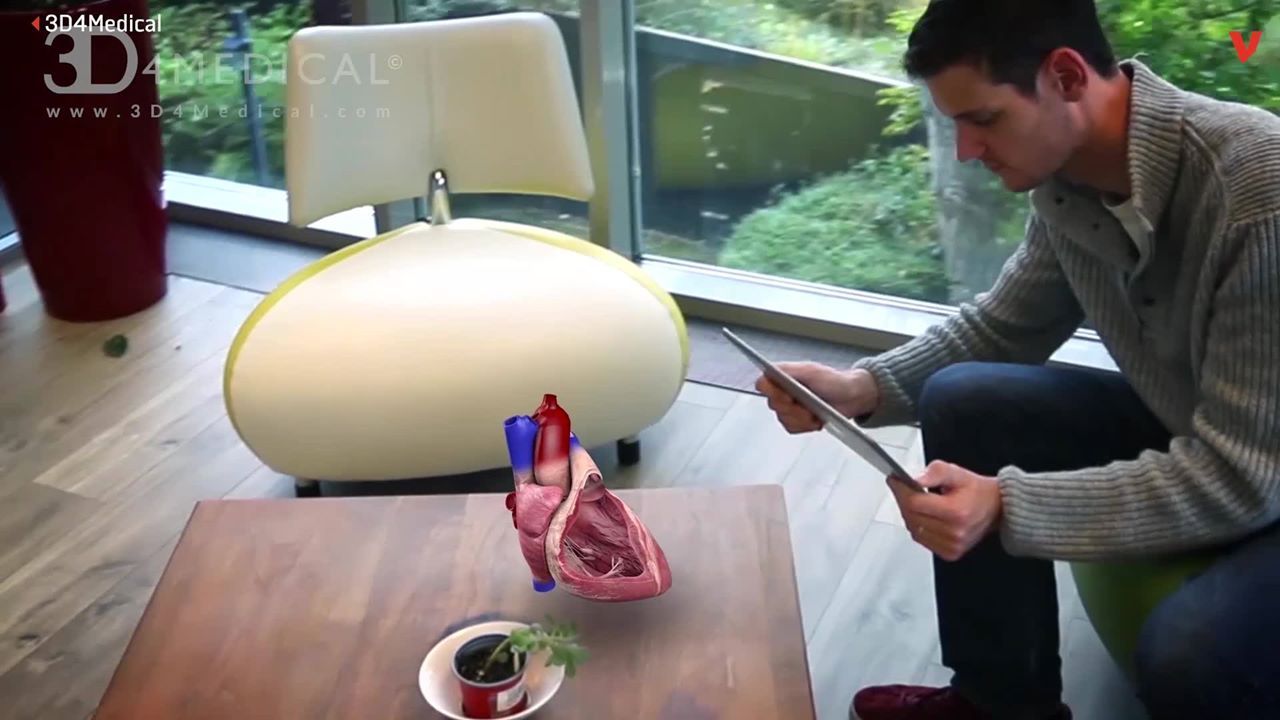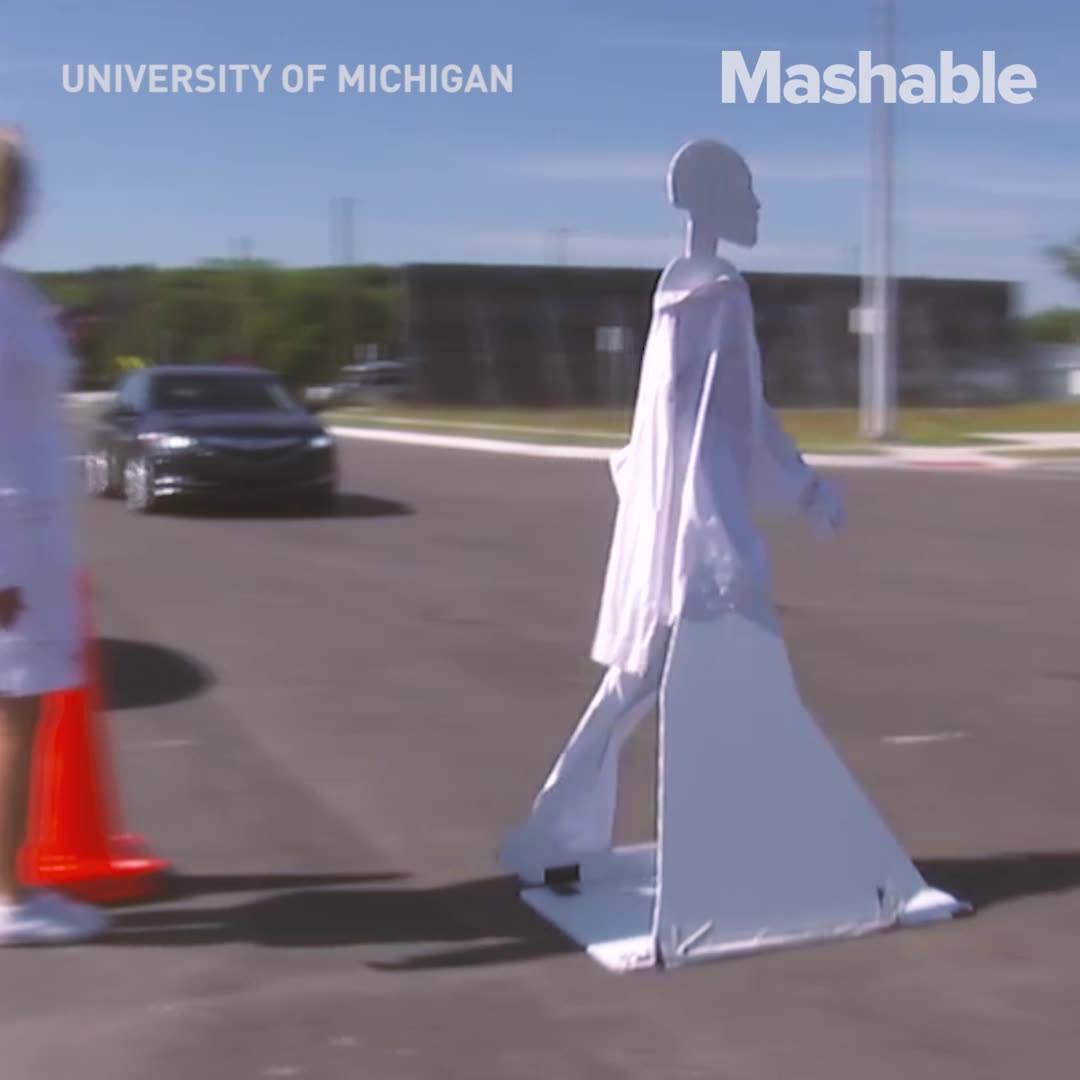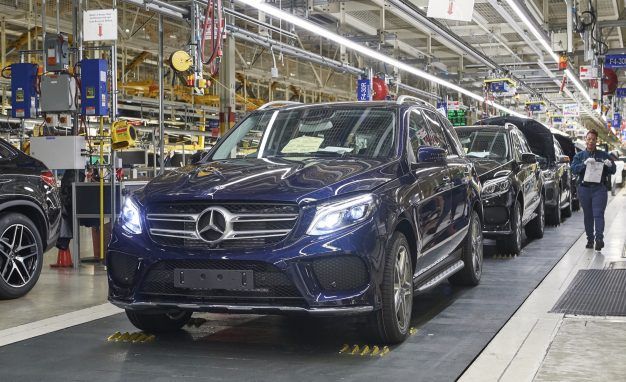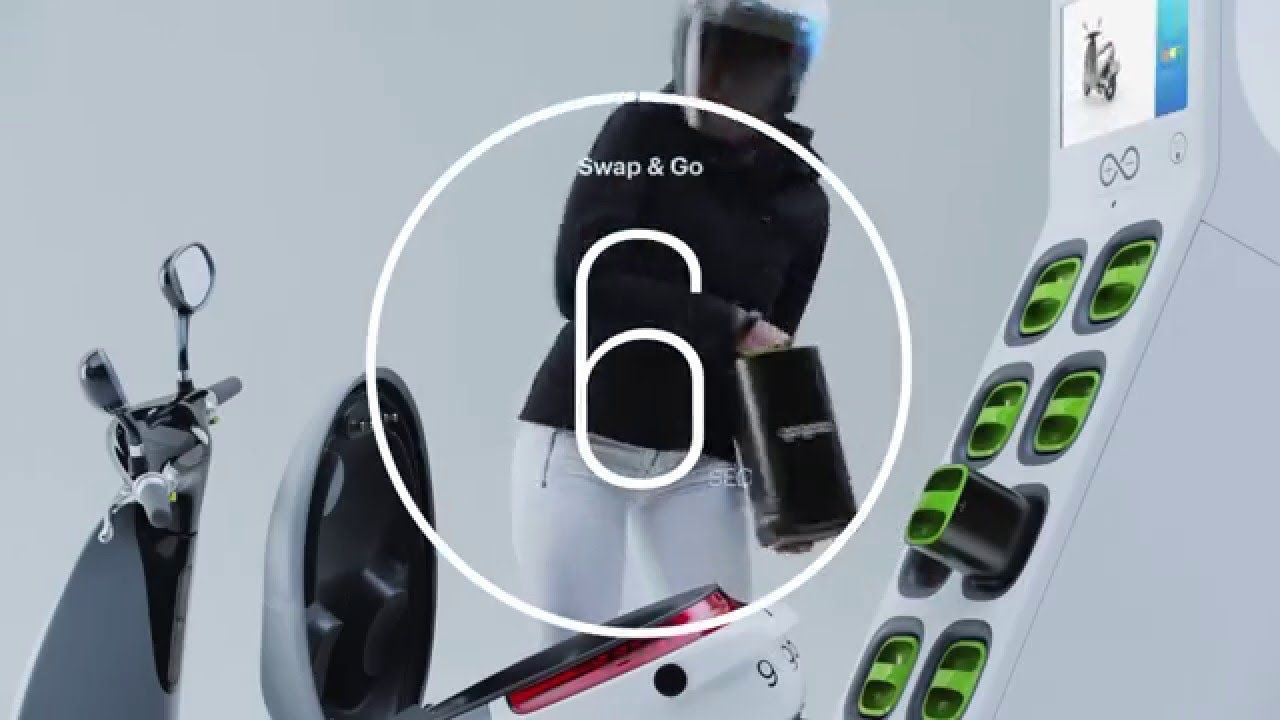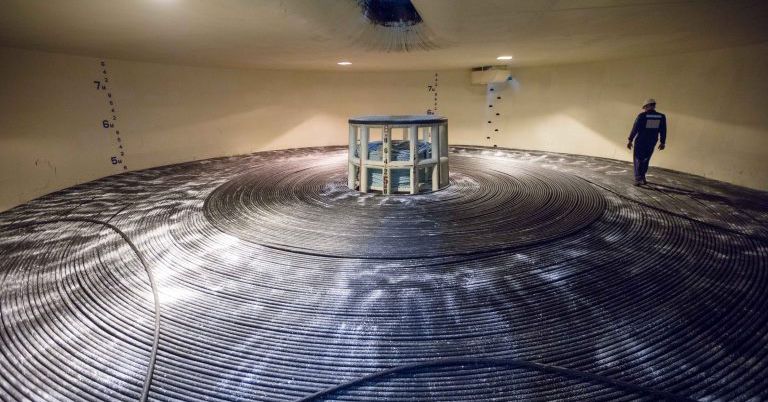Sep 30, 2017
8 Science Fiction Illustrations That Now Feel Crazy Prescient
Posted by Shailesh Prasad in categories: military, virtual reality
Looking back at vintage conceptions of the future can be interesting. Most depictions of the 2000s that were rendered in the 1800s or early 1900s come off as whimsical, because they’re so off-target. Illustrators in the past were often focused on transportation, military tactics, and domestic life, and they predicted everything from whale buses to Fallout -esque fashion. Some illustrated predictions, however, are eerily accurate.
In 1963, science fiction author Hugo Gernsback posed for Life Magazine wearing a fake mock-up of a tool featured in one of his stories. He called the contraption “TV glasses”. Considering them now, they look a lot like an oculus rift. Hugo told Life that users would one day watch television on screens so close to their eyes that they felt immersed in the action, effectively predicting the media’s recent preoccupation with virtual reality.
No one’s sure if Hugo also predicted immersive “action” of the pornographic kind, but that’s what technology’s up to now.
Continue reading “8 Science Fiction Illustrations That Now Feel Crazy Prescient” »

